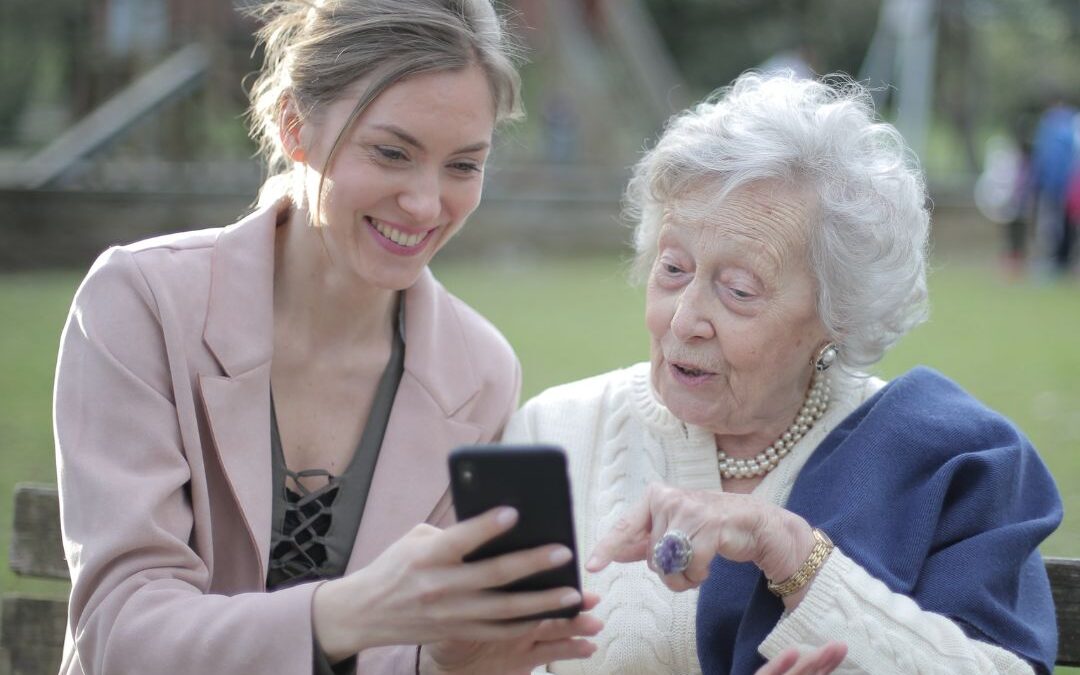There comes a time in everyone’s life when they need help. Some need that help sooner than others, but the need for help is a part of the circle of life. We receive help as children, grow old enough to eventually give it, and then later, we’ll need it again as we age. The help we give today is an investment in the help we’ll need tomorrow.
Hospice as we know it today began with very humble beginnings. In the 1960s, Dame Cicely Saunders, a British nurse, social worker, and physician, pioneered a new philosophy of care for terminally ill patients. Her focus was not on a cure, but on providing comfort, dignity, and a sense of peace. Her vision of addressing the physical, emotional, and spiritual needs of a patient was cutting-edge and later led to the founding of St. Christopher’s Hospice in London in 1967. Here in the U.S., Saunders’ ideas inspired Yale School of Nursing dean, Florence Wald, to take action. In 1974, Wald helped establish the first U.S. hospice in Branford, Connecticut.
The foundation of hospice has always been a community-based, non-profit endeavor, and in the late 1970s, only about 5% of hospice programs were for-profit. Today, more than three-quarters of hospice programs are for-profit. Here at home, we are also seeing a shift. Despite the industry’s change, our focus at Hospice of Redmond remains rooted in the circle of care: a community taking care of its people, knowing that the same care will be there for them when their time comes.
Volunteers are the Heart of Our Program
Without volunteers, hospice programs suffer. The role of a volunteer is fundamental to a patient and family’s experience. We often refer to them as “friendly visitors.” A hospice volunteer’s purpose is not to provide medical care, but to be a calming and compassionate presence, meeting patients and their families wherever they are in their journey. And while this purpose may sound simple, the impact is profound.
Volunteers provide companionship, a listening ear, or a welcome distraction through reading, playing music, or just sitting quietly. Volunteers give caregivers time for themselves to run errands or take a break to recharge. A volunteer’s time is a gift of support and understanding, which enhances the quality of life for all involved.
Debra, a dedicated volunteer at Hospice of Redmond, finds her work deeply fulfilling. She says patients are often initially unsure if a volunteer will be helpful. However, they quickly open up and become comfortable with having this new presence in their lives. Debra said that patients often confide in her in a way that differs from what they share with others. One patient in particular was concerned about what would happen to her husband after she passed. “Everyone needs someone to talk to, and having someone to talk to whom you don’t have a prior relationship with can be helpful.”
Debra’s service also provides much-needed respite for family members who are acting as caregivers. She finds satisfaction in knowing they can “take a deep breath knowing they can leave their loved one with a trusted volunteer to take care of whatever is needed.” For Debra the experience puts her own life in perspective. “You may have run out of coffee or got stuck in traffic. But when you are with the patient, you are fully there and nothing else matters.”
We Don’t Just Want Volunteers, We Need Volunteers
As previously mentioned, the spirit of hospice leans heavily on the community. To such an extent that it is mandated by Medicare Conditions of Participation, requiring that volunteers provide at least 5% of all patient interactions. This means we need volunteers to serve our patients and their families. Without a dedicated team of volunteers fulfilling this crucial role, we are unable to provide the level of care and support that defines the hospice experience. And without volunteers, it would be challenging to maintain our rating as one of the top hospice programs in the country.
Why You Should Join Our Volunteer Team
To truly reflect our community, our volunteer team must be diverse. We are currently actively seeking more men to volunteer. Their presence can offer a different perspective and connection for many patients. We also need more veteran volunteers as we serve many Central Oregon veterans and know first-hand the unique bond of understanding and camaraderie that comes when veterans volunteer with other veterans.
If we’ve piqued your interest and you’d like to join our circle, we’d love to meet you! By becoming a hospice volunteer, you become a vital part of our team, providing comfort, compassion, dignity, and peace to those nearing the end of life. Learn more about our volunteer program here or call our office at (541) 548-7483 and speak with Jody.


